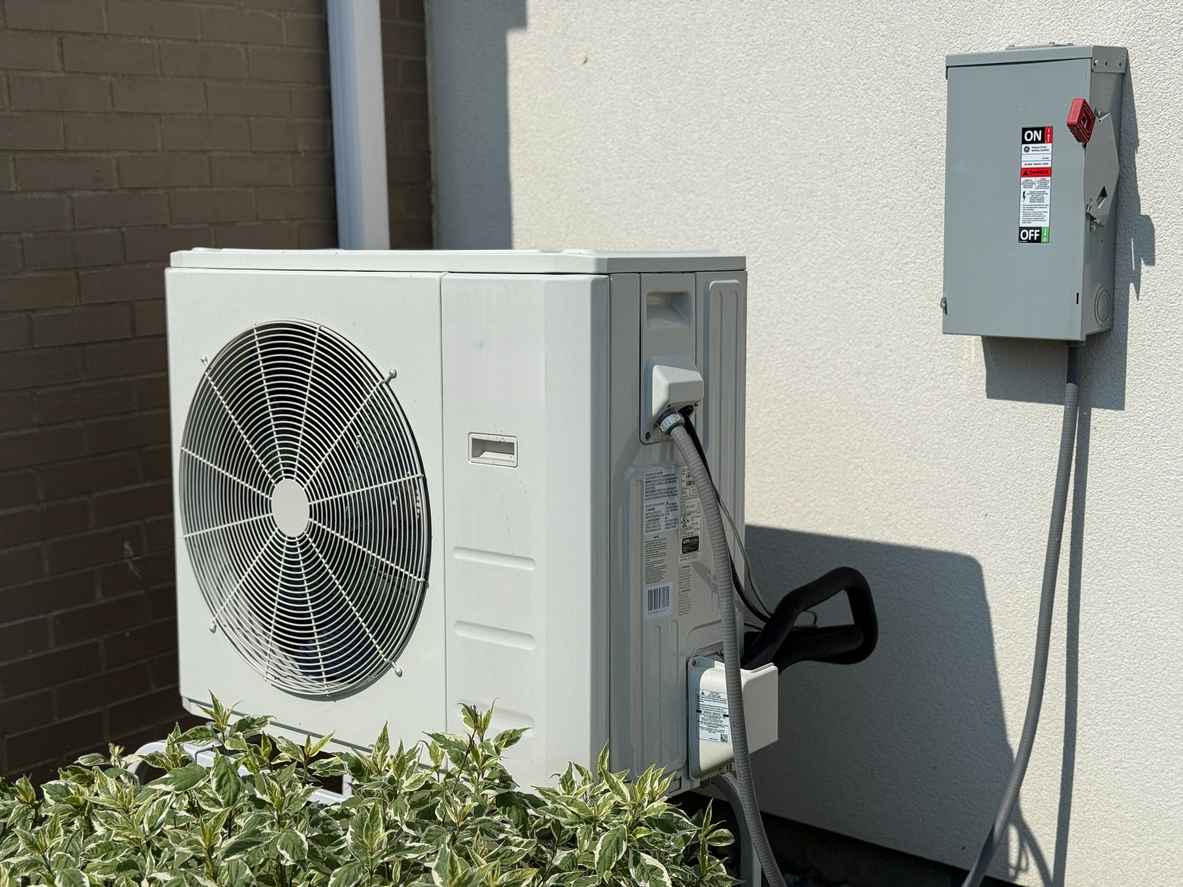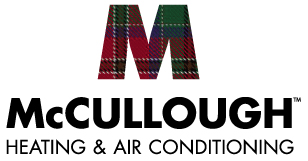4.8 Google Rating
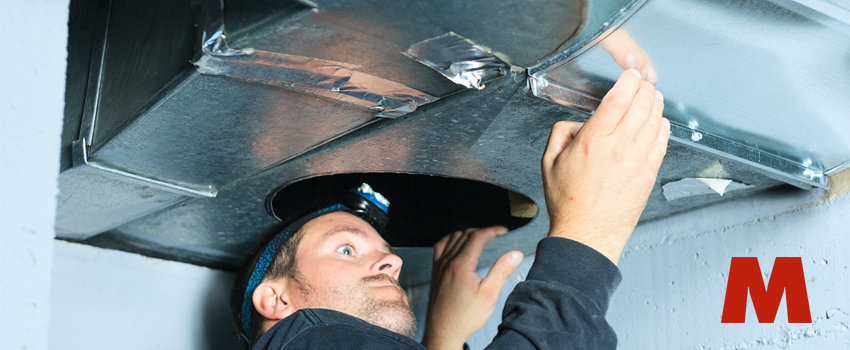
How to Keep Pests Out of Your HVAC System
Your HVAC system offers the ideal shelter for pests like insects, rodents, and small animals. Not only do pests find warmth and protection within the HVAC system, but they can also cause significant damage, reduce efficiency, and harm your indoor air quality. Keeping pests out of your HVAC system is essential to protect your comfort, avoid costly repairs, and ensure clean air. Here’s a complete guide to protecting your HVAC system from pests in your Austin home.
1. Seal Entry Points Around the HVAC System
Gaps or cracks around your HVAC system can allow pests an easy way in, especially around ductwork and entry points. Take time to carefully inspect your ductwork, looking for visible openings, cracks, or loose joints. These access points can allow pests to enter your HVAC system and spread contaminants through the air ducts.
To address any visible gaps, use mastic sealant or metal tape to cover and close any holes you discover. Sealing the ductwork will not only prevent pests but also improve airflow and reduce energy waste. It’s particularly important to inspect areas where your ductwork connects to your main HVAC unit, as any loose connection is a potential access point for pests.
Outside your home, check the area where refrigerant lines, electrical wiring, and ductwork enter your home, as these spots may have small openings or cracks. Use a weatherproof caulking or another type of sealant to fill in any small openings around these points. Even small cracks can be an entry for insects and rodents, so a thorough seal will help ensure that pests stay out.
2. Keep the Area Around the Outdoor Unit Clean and Clear
The space around your outdoor HVAC unit can attract pests if it’s cluttered with leaves, grass, or debris, as small animals are drawn to cluttered spaces that provide cover. To prevent nesting, clear the area around the outdoor unit regularly. Remove any leaves, tall grass, branches, and other debris that could attract pests looking for a place to hide.
In addition to keeping it clear, trim back any shrubs or plants by at least two feet from the unit to allow for proper airflow and discourage animals from sheltering nearby. Keeping vegetation and debris at a distance not only discourages pests but also helps maintain efficiency, as proper airflow is crucial for the unit’s performance. Adding gravel around the unit’s perimeter can further deter animals, as they’re less likely to cross rough surfaces like gravel. A clear, well-maintained outdoor area is essential for keeping pests away while ensuring your system operates efficiently.
3. Install Pest-Proof Mesh on Vents and Flues
Vents and exhaust flues connected to your HVAC system are necessary for ventilation but can also serve as easy entry points for pests if they’re unprotected. Placing a fine, sturdy mesh over these vents and flues can prevent small animals and insects from getting inside while still allowing airflow.
Choose a durable material like stainless steel mesh, which will resist damage from weather and provide a strong barrier. It’s important to check the mesh regularly for any signs of wear, especially after severe weather, to ensure it remains effective. Covering vents and flues with this material allows proper ventilation while keeping pests at bay.
4. Schedule Regular HVAC Maintenance
Routine HVAC maintenance is essential for catching any signs of pest activity early, as well as keeping your system in optimal working condition. During a regular tune-up, a technician can inspect the system for indications of pests, such as nests, droppings, or chewed wires. Catching these issues early is crucial to prevent more severe damage that pests can cause if left unchecked.
Additionally, professional maintenance includes cleaning essential components, such as coils and air filters, which help reduce the build-up of dust and dirt that can attract pests. Regular inspections by a professional HVAC technician also help maintain efficiency, keep your system running smoothly, and provide peace of mind that pests aren’t causing hidden issues. Scheduling annual maintenance with McCullough Heating & Air Conditioning is a proactive step to keep your HVAC system pest-free and functioning efficiently year-round.
5. Use Natural Pest Deterrents Around the HVAC Unit
If you want to further discourage pests from nesting near your HVAC system, consider using natural deterrents. Essential oils like peppermint, citronella, and eucalyptus are known to repel many types of pests, including insects and rodents. Soak a few cotton balls in essential oil and place them around the perimeter of your outdoor unit, but avoid putting them too close to any intake areas.
For additional protection, you can also place mothballs around the unit, which help to deter pests. However, be cautious with mothballs, as they should not be accessible to pets or small children. Natural pest deterrents are effective, eco-friendly options that keep pests away from your HVAC system without the need for harsh chemicals.
6. Maintain Your Ductwork and Insulation
Pests are often drawn to ductwork and poorly insulated areas because they provide warmth and protection. Checking your ductwork and insulation not only improves your home’s energy efficiency but also helps prevent pests from nesting within your HVAC system. Ductwork located in crawl spaces or attics is especially prone to pest activity, so be thorough in inspecting these areas.
Look for signs of chewing, droppings, or nesting material around the ducts, as these can indicate pest presence. If you notice any of these signs, contact an HVAC professional to assess the ductwork for damage and repair or replace sections as necessary. Ensuring that your ducts and insulation are properly sealed also improves system efficiency, helping maintain even temperatures and lowering your energy bills.
7. Avoid Storing Food or Pet Items Near the HVAC System
Certain food and pet-related items can attract pests if stored near your HVAC system. Pet food, birdseed, and other similar items can attract rodents and insects, who may then seek shelter in your HVAC system. Try to store these items in airtight containers and away from the HVAC unit or ducts to avoid drawing pests to the area.
If you have a garage or basement where food or pet supplies are stored, make sure they’re sealed tightly to prevent pests from accessing them and potentially finding their way into the HVAC system. This small precaution can help reduce the risk of pests being drawn to your system, keeping your home’s air quality intact and protecting HVAC efficiency.
Conclusion: Protect Your HVAC System from Pests with McCullough Heating & Air Conditioning
Keeping pests out of your HVAC system is essential to ensure long-term efficiency, clean indoor air, and fewer repair costs. By sealing potential entry points, maintaining the outdoor area, installing mesh on vents, and keeping up with regular maintenance, you can effectively deter pests from invading your system. McCullough Heating & Air Conditioning offers comprehensive maintenance services to keep your HVAC system protected and in optimal condition. Contact us today to schedule an inspection and ensure your system remains pest-free throughout the year.
Recent News

HVAC Maintenance Tips for West Lake Hills Homes with Larger Floor Plans and Multiple Zones
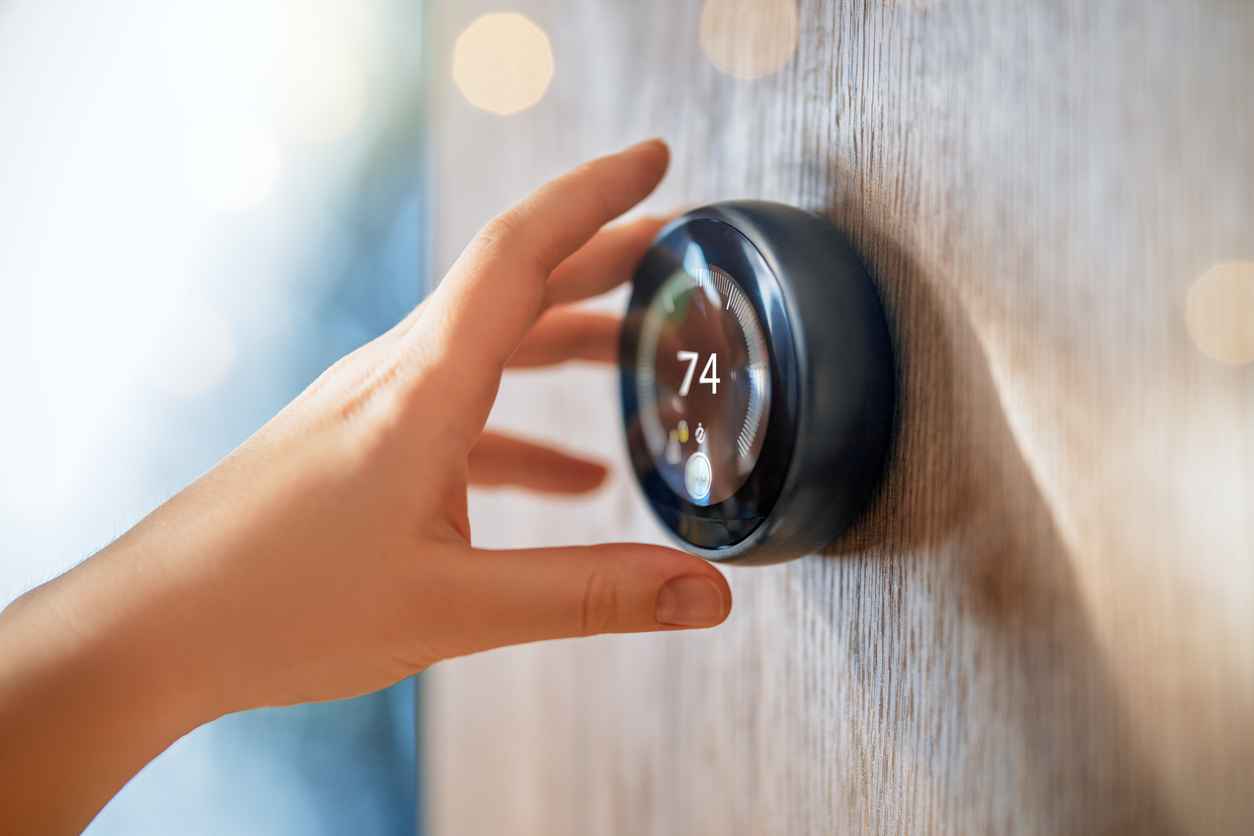
How Austin Homeowners Can Prepare Their HVAC Systems for Sudden Winter Cold Snaps
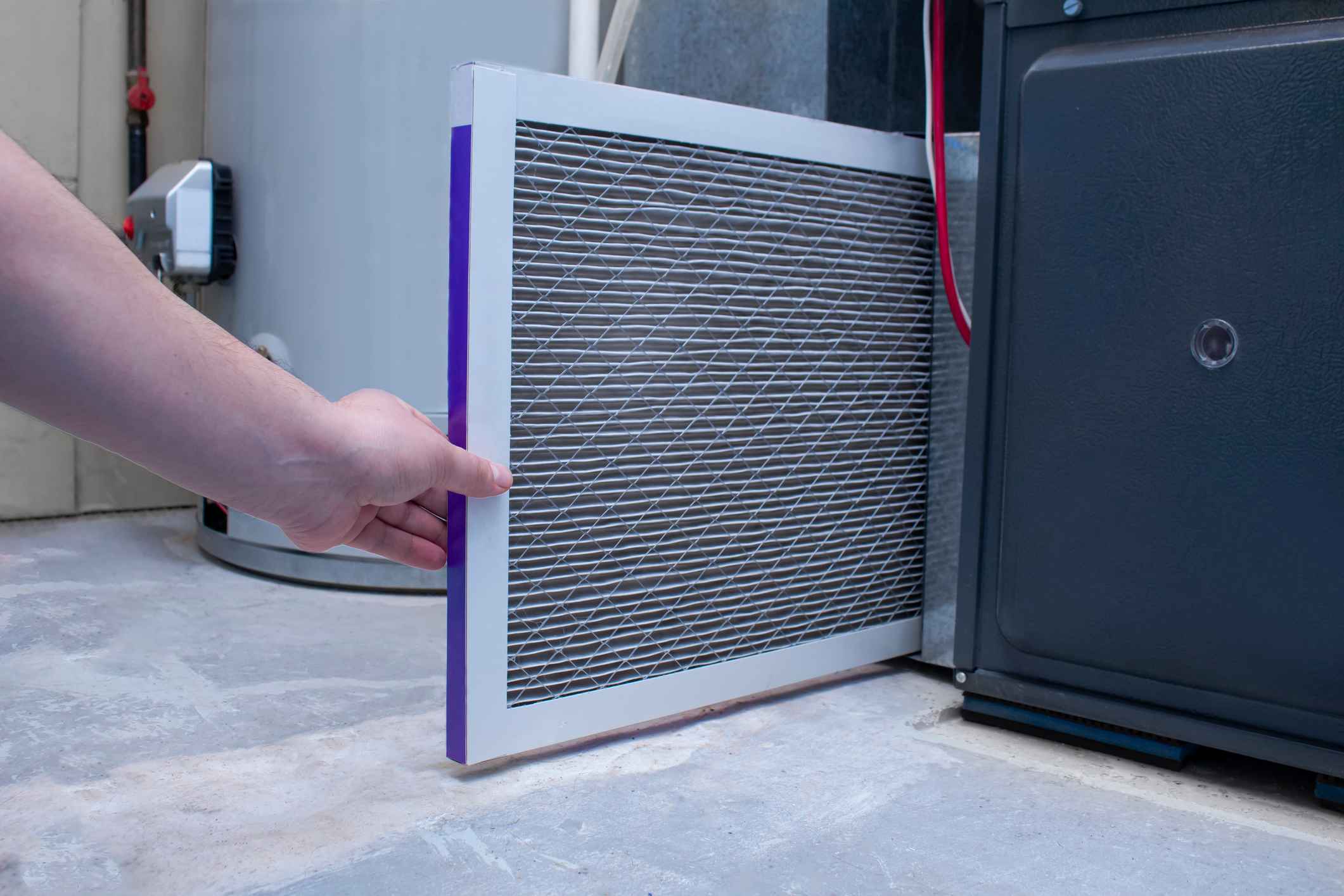
Holiday Indoor Air Quality Tips for Austin Homes: Keep Your Air Clean While Hosting Guests
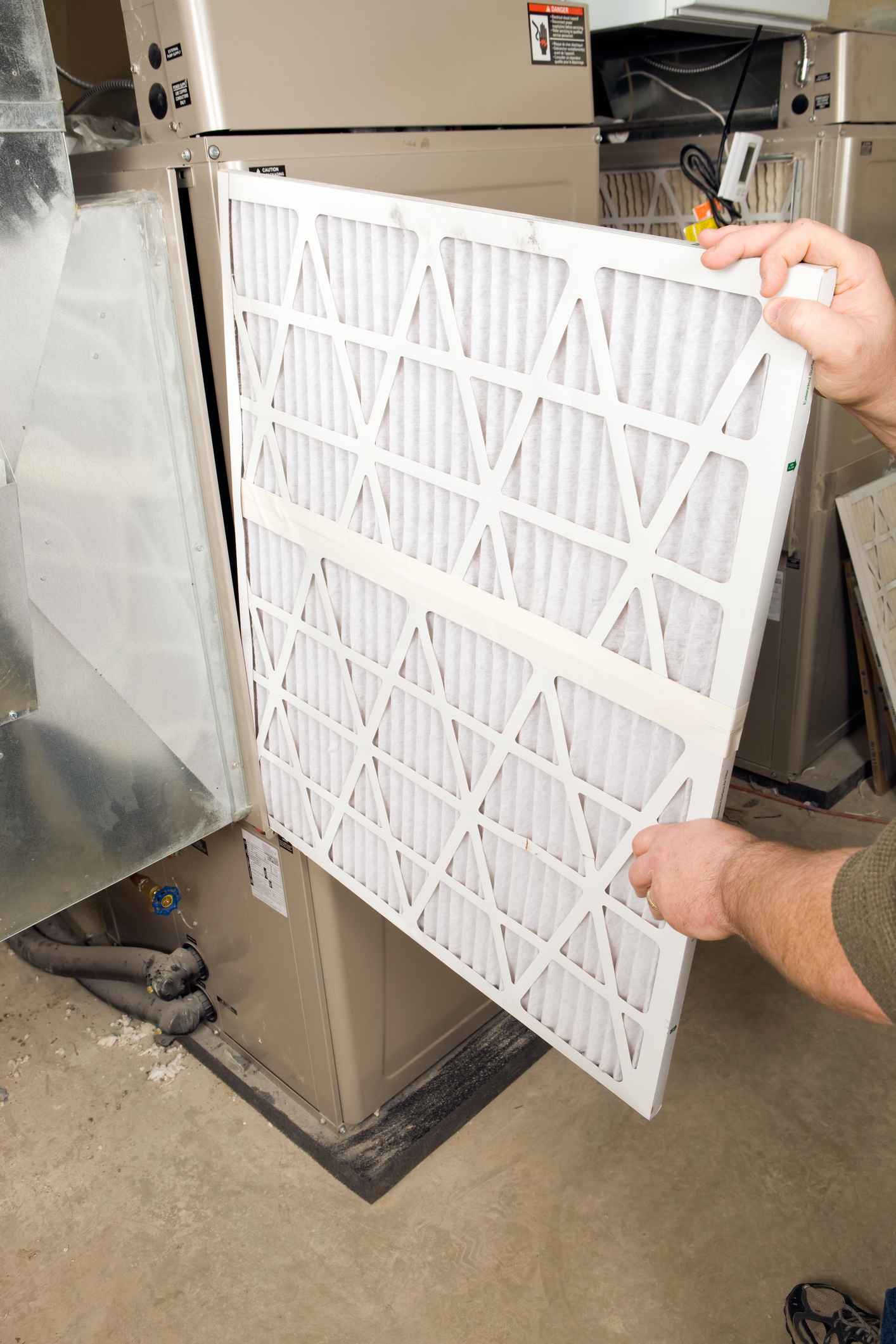
December HVAC Checklist: How Austin Homeowners Can Stay Warm During Sudden Cold Snaps

The Hidden Costs of Ignoring HVAC Duct Leaks in Austin’s Humid Climate
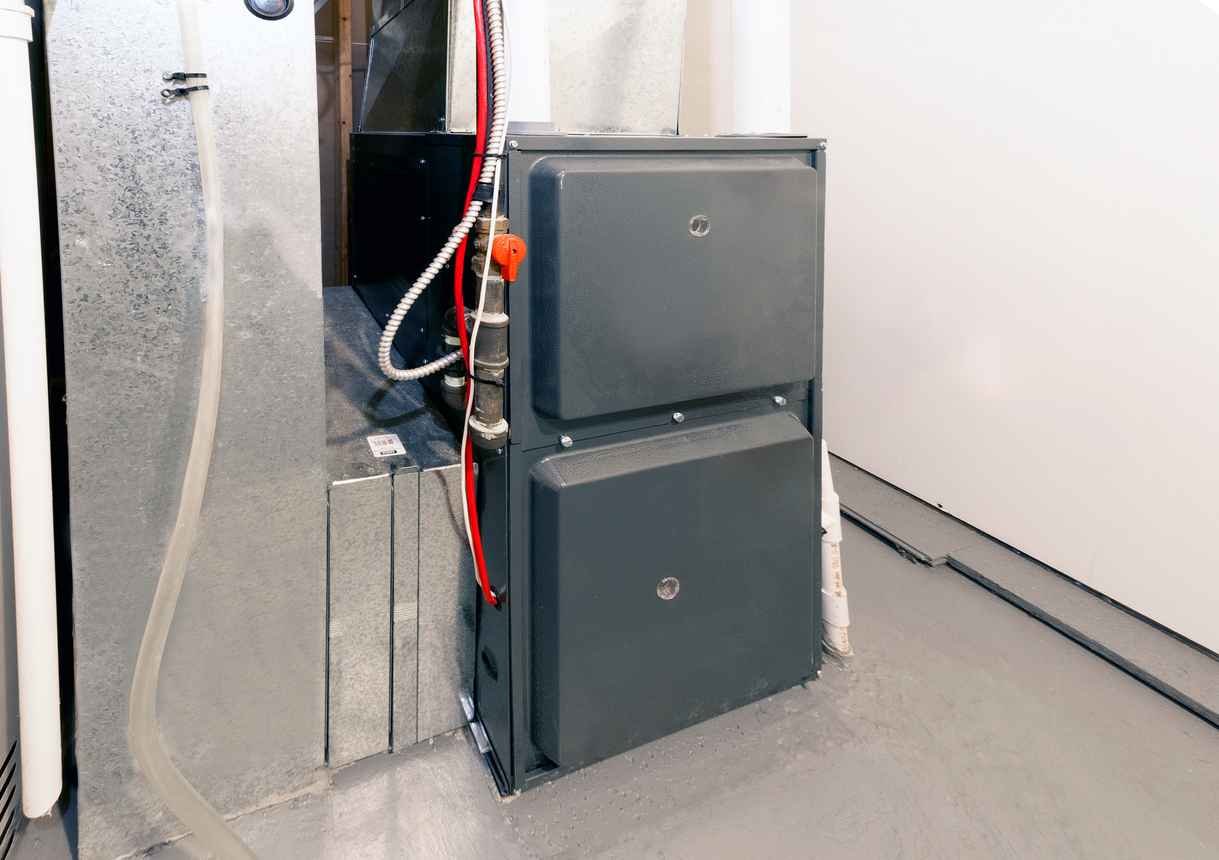
What Makes McCullough Heating & Air Conditioning the Right Choice for Austin Heating Needs
